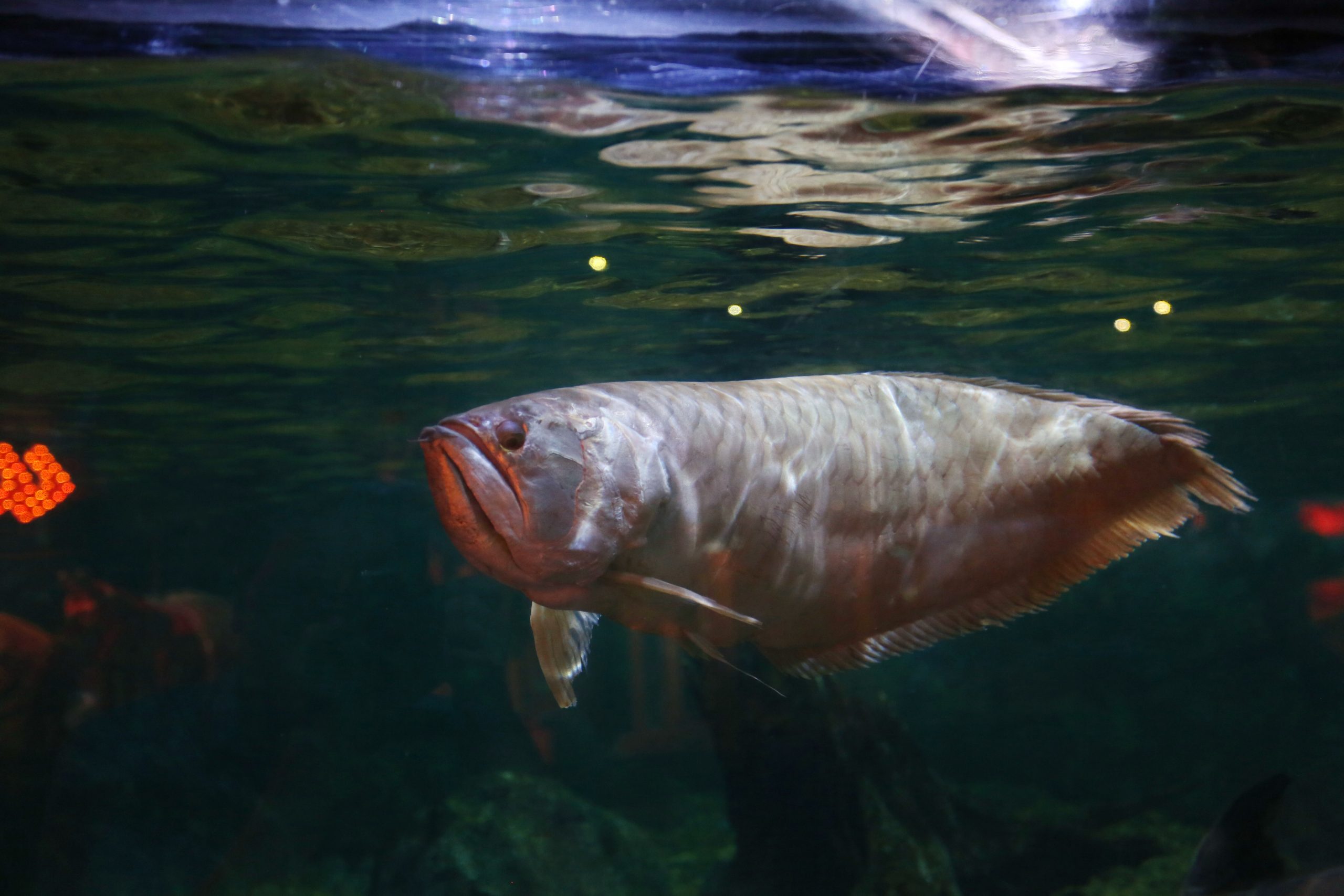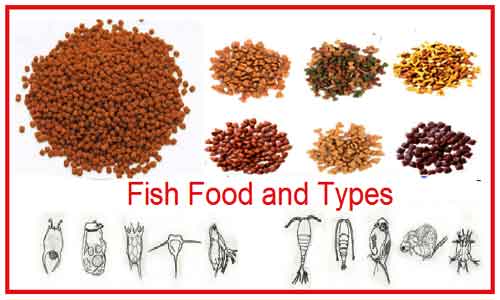- Your cart is empty
- Continue Shopping
Pet Fish Food Facts In English – 2023

Pet Fish Food Facts:- Aquarium fish need a varied diet to stay healthy and thrive. In the wild, fish consume a range of small organisms such as insects, plankton, and worms. In an aquarium, it is important to replicate this diet as closely as possible to provide the nutrients that fish need. There are many different types of fish food available, including:
- Flakes: These are a convenient and widely available option. Flakes are made from ground-up fish or seafood and are a good source of protein. They are easy to eat for most fish, but some larger or more delicate species may have difficulty consuming them.
- Pellets: These are similar to flakes, but are compressed into small, cylindrical shapes. They are available in different sizes to suit other fish species.
- Freeze-dried: Freeze-dried foods are made by freezing and then dehydrating tiny organisms such as brine shrimp or bloodworms. They are a good source of protein and can be a tasty treat for fish.
- Frozen: Frozen foods are often a more natural option, as they are usually made from whole organisms that have been flash-frozen. They are a good choice for fish that need a more varied diet, but they must be thawed before feeding and can spoil quickly if not stored properly.
It is important to choose high-quality fish food and to follow the recommended feeding guidelines to ensure that your fish are getting the nutrients they need. Overfeeding can lead to excess waste in the aquarium, which can pollute the water and lead to health problems for the fish. It is also a good idea to supplement the diet with live or frozen foods occasionally to provide variety.
Here are a few more things to consider when choosing fish food
- Species-specific: Different fish species have different dietary needs, so it is important to choose a food that is appropriate for your particular fish. For example, herbivorous species such as plecostomus or algae eaters need a higher proportion of plant matter in their diet, while carnivorous species like cichlids or goldfish need more protein.
- Nutrient balance: A good fish food should provide a balanced ratio of nutrients, including protein, carbohydrates, fat, vitamins, and minerals. Some foods may be formulated for specific life stages, such as growth or breeding, and may have higher or lower levels of certain nutrients.
- Ingredients: Look for fish food that lists whole, natural ingredients rather than fillers or by-products. Avoid foods that contain artificial colors, flavors, or preservatives.
- Form: The form of the food can affect how well it is consumed and absorbed by the fish. For example, small, soft-bodied fish may have difficulty eating large pellets, while larger fish may be able to chew and digest them more easily.
It is also a good idea to research the dietary needs of your specific fish species and to consult with a veterinarian or a knowledgeable aquatics specialist if you have any concerns about your fish's diet. Proper nutrition is important for the overall health and well-being of your aquarium fish.

Here are a few more tips for feeding your aquarium fish
- Feeding frequency: The frequency of feeding can depend on the type of fish, the size of the aquarium, and the type of food being used. As a general rule, it is better to feed small amounts of food several times a day rather than a large amount once a day. This helps to prevent overfeeding and reduces the amount of uneaten food that can pollute the water.
- Variety: To ensure that your fish are getting a balanced diet, it is a good idea to offer a variety of different types of food. This can include flakes, pellets, freeze-dried, frozen foods, and live or fresh foods such as vegetables or worms.
- Supplementation: In addition to their regular diet, some fish may benefit from the occasional supplementation of specific nutrients. For example, herbivorous species may need additional sources of plant matter, while carnivorous species may benefit from the addition of vitamin-rich foods such as brine shrimp or bloodworms.
- Water quality: Proper water quality is essential for the health of your fish. This includes maintaining the correct pH level, temperature, and levels of dissolved oxygen and ammonia. A dirty or unhealthy aquarium can make it more difficult for fish to digest their food and can lead to health problems. Regular water changes and the use of a good-quality filter can help to maintain the quality of the water.
By following these tips, you can help to ensure that your fish are getting the nutrients they need to stay healthy and thrive in their aquarium environment.


1 Comment